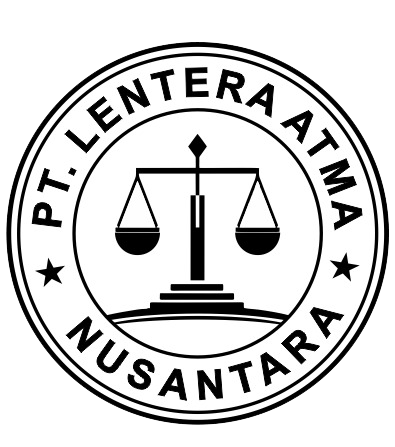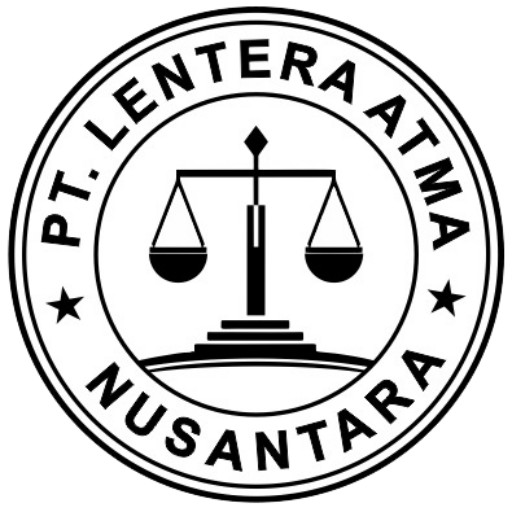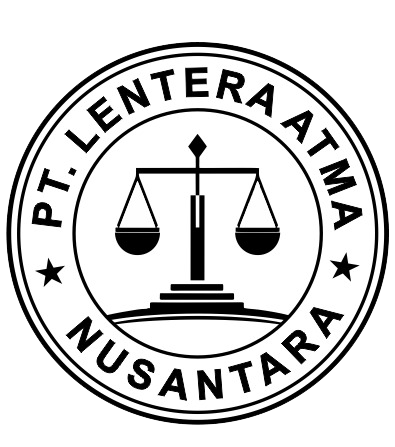Understanding the Role of Legal Consultants in Legal Risk
In the complex world of business and law, the role of legal consultants is becoming increasingly vital. Legal consultants are professionals who offer legal advice to individuals, companies and organizations to help them understand and comply with various applicable laws and regulations. They serve as advisors who assist clients in navigating a variety of legal issues that may arise in business operations, whether they relate to contracts, regulatory compliance, litigation, or company policy.
Legal consultants have in-depth knowledge of legal and regulatory systems in various industry sectors. They work to ensure that every action taken by their clients complies with applicable laws, thereby avoiding potential legal problems in the future. In addition, they also assist in drafting legal documents, represent clients in negotiations, and provide strategies for dispute resolution. That way, legal consultants not only protect clients’ legal interests but also help them achieve business goals effectively and efficiently. Lentera Atma Nusantara Admin will discuss the role and importance of legal consultants in the modern business world.
What is a Legal Consultant?

A egal consultant is a professional who provides legal advice and guidance to individuals, companies and organizations. In contrast to lawyers who are often involved in litigation or representation in court, legal consultants usually focus on preventing legal problems and helping clients to comply with applicable regulations and laws. Their roles are diverse and cover a wide range of legal areas, including business law, contract law, regulatory compliance, employment law, and more.
Legal consultants have the primary task of identifying and managing the legal risks that their clients may face. They conduct in-depth analyzes of complex legal situations, provide strategic advice, and assist in the planning and implementation of legally compliant business decisions. Legal consultants also play a role in drafting and reviewing contracts, company policies, and various other legal documents to ensure that they comply with applicable regulations. Additionally, they can engage in negotiations, help resolve disputes outside of court, and provide legal training to company staff to increase their understanding of legal compliance.
In practice, legal consultants work in various types of organizations, from large corporations to small businesses, government agencies, and non-profit organizations. They can work independently, as part of a legal consulting firm, or as in-house counsel in certain companies. Their expertise and knowledge is invaluable in ensuring that clients not only understand their legal obligations but can also operate efficiently and safely within the existing legal framework. Thus, legal consultants are an important partner for any organization that wants to avoid legal problems, manage risks effectively, and achieve its business goals successfully.
Types of Legal Consultants

There are several types of legal consultants who have certain specializations according to certain legal fields or industries. The following are some of them:
1. General Legal Consultant
Provide general legal advice to individual, corporate, or organizational clients on a variety of legal matters such as contracts, corporate regulations, and legal compliance.
2. Business Law Consultant
Specialise in providing legal advice related to business, including company formation, restructuring, mergers and acquisitions, and other corporate legal matters.
3. Tax Law Consultant
Expert in tax issues, providing advice on tax liability, tax planning, and legitimate tax avoidance strategies.
4. Property Law Consultant
Experts in property law, including the purchase, sale, rental, and development of property, as well as the resolution of property disputes.
5. Employment Law Consultant
Advising on employment law, including employment agreements, worker disputes, human resources policies, and labor compliance.
6. Financial Legal Consultant
Expert in financial law, advising on financial regulation, banking, capital markets, and trading.
7. International Legal Consultant
Provide advice on international law, including international trade, international contracts, and other international law.
8. Health Law Consultant
Specializing in health law, advising on health regulatory compliance, medical privacy, and health disputes and litigation.
9. Criminal Law Consultant
Expert in criminal law, providing legal advice and representation to clients involved in criminal law matters.
Each type of legal consultant has special expertise and in-depth knowledge in a particular area of law, so they can provide appropriate and focused advice to their clients.
Roles and Responsibilities of Legal Consultants

Legal consultants play an important role in providing legal advice and assistance to a wide range of clients, including individuals, organizations, and companies. Their responsibilities are very diverse and cover a wide range of legal aspects that affect business operations and daily life. The following is an explanation of their roles and responsibilities:
1. Providing Legal Advice
- Legal Explanation: Legal consultants provide explanations regarding laws, regulations, and orders relevant to the client’s situation. They ensure that clients understand their legal rights and obligations.
- Legal Strategies: They help clients develop legal strategies to address issues or achieve specific goals, such as corporate restructuring or dispute resolution.
2. Document Preparation and Review
- Contracts and Agreements: Legal consultants draft, review, and amend contracts and agreements to ensure legal compliance and protect client interests.
- Corporate Documents: They draft corporate documents such as articles of incorporation, company policies, and other compliance documents.
3. Compliance and Regulation
- Regulatory Monitoring: Legal consultants monitor regulatory changes that may affect clients and provide advice on how to comply with new regulations.
- Compliance Audits: They conduct compliance audits to ensure that client practices and policies are compliant with applicable law.
4. Risk Management
- Risk Identification: They identify potential legal risks that could be faced by clients and develop strategies to mitigate those risks.
- Risk Mitigation: Legal consultants provide advice on ways to avoid or mitigate the impact of legal risks, including through changes in policies or procedures.
5. Litigation and Dispute Resolution
- Litigation Support: While they do not typically represent clients in court, they provide legal support throughout the litigation process, including court document preparation and case preparation.
- Dispute Resolution: Legal consultants assist in out-of-court dispute resolution negotiations, seeking to achieve a favorable outcome for the client.
6. Training and Education
- Employee Training: They provide legal training to company employees to ensure understanding and compliance with relevant laws.
- Legal Education: Legal consultants can also provide legal education to individual clients about their rights and obligations.
7. Legal Research
- Case Research: Legal consultants conduct legal research to support cases or issues faced by clients, seeking relevant legal precedents and interpretations.
- Regulatory Analysis: They analyze laws and regulations to provide appropriate and up-to-date advice.
8. Consultation and Recommendation
- Continuous Consulting: They provide ongoing consultation to clients on various legal issues that arise during business operations or daily life.
- Legal Recommendations: Legal consultants provide specific recommendations for actions clients need to take to comply with the law and protect their interests.
9. Relationship with Regulators and Stakeholders
- Interaction with Regulators: Legal consultants frequently interact with regulators to ensure client compliance and address legal issues that arise.
- Stakeholder Management: They assist clients in relationship management with stakeholders such as investors, business partners, and other third parties.
The roles and responsibilities of a legal consultant are critical in helping clients understand and comply with the law, manage legal risks, and resolve legal issues efficiently. With in-depth knowledge and strong analytical skills, they provide significant added value to individuals and organizations in a variety of legal contexts.
Conclusion
Law consultants play a very important role in the modern business and legal world. They provide invaluable advice and guidance in navigating the complexities of regulation and legal regulation, helping individuals and companies ensure legal compliance in every aspect of their operations. With deep expertise in various areas of law, legal consultants not only protect the interests of their clients but also facilitate smarter decision making and more effective business strategies.
In addition, law consultants assist in document drafting, negotiation, and dispute resolution, all of which contribute to the smooth operation of the business. They allow clients to focus on the core of their business without having to worry about legal issues that may arise. Thus, the role of law consultants is crucial in supporting the success and sustainability of business in an increasingly regulated and competitive environment. In this ever-evolving era, the presence of competent and experienced law consultants is an asset that cannot be ignored for every individual and organization that wants to survive and develop well. For information about advocates and legal consultants, you can contact us on WhatsApp or contact us here.





